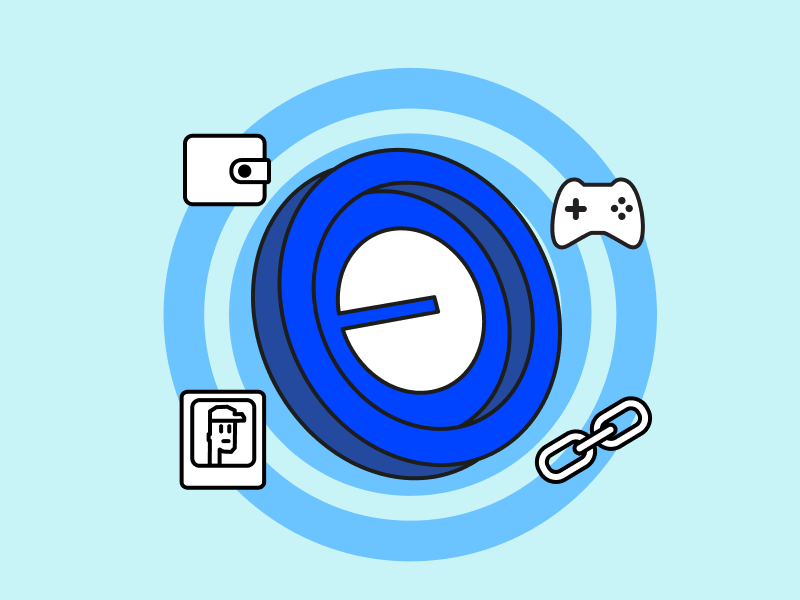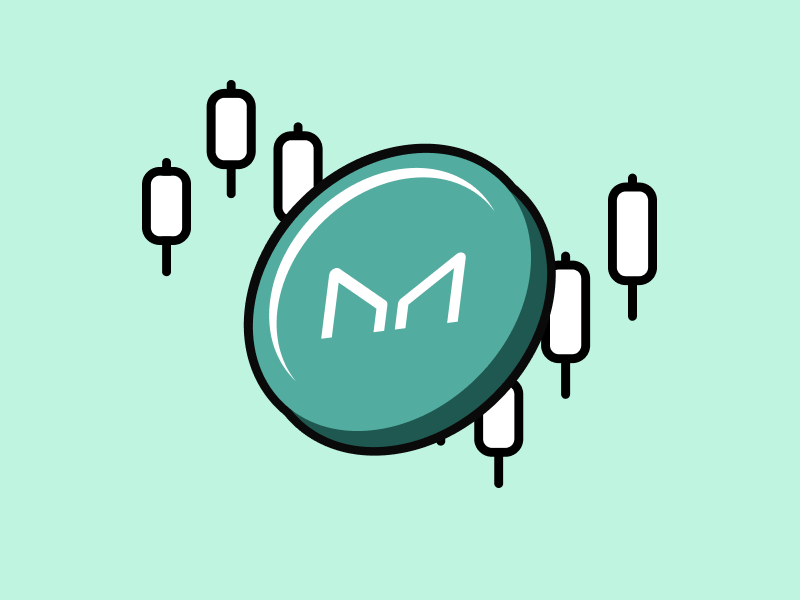What is Web2.5?
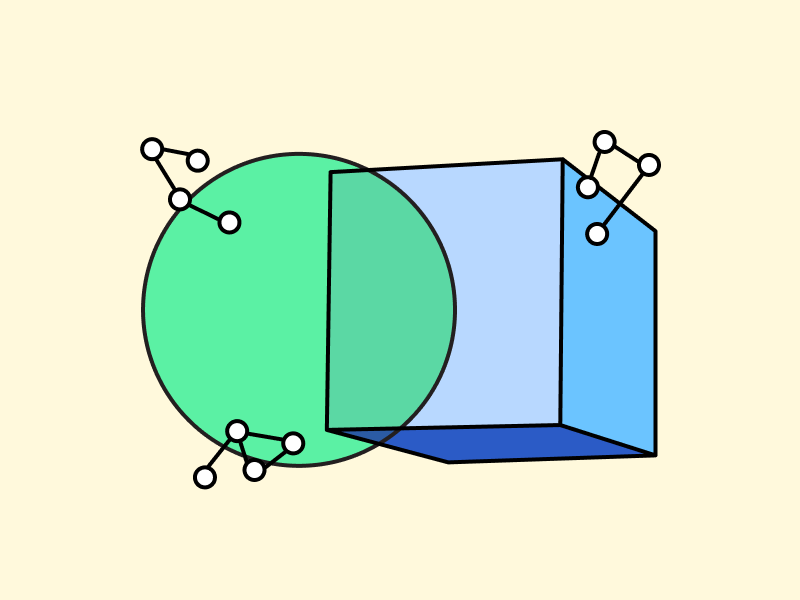
Social media platforms like Facebook, Twitter, and YouTube allow us to share content and connect with other users. That is what we know as the Web2 era. However, as the internet evolved, Web3 emerged with the offer of complete control over our data and content. So, where are we now? While Web3 is still in development, we are in the Web2.5 era, which serves as an area between Web2 and Web3. To dig deeper into what Web2.5 is and what it implies, let’s read the following article!
Article Summary
- 🌐 Web2.5 is the adoption stage of Web3 technologies within the Web2 ecosystem. Web2.5 serves as the midpoint between the established Web2 and the innovative Web3.
- ✨ One of the main aspects of Web2.5 is the integration of Web3 assets such as NFTs (Non-Fungible Tokens) and crypto assets.
- 🤝 In Web2.5, cooperation between Web2 companies and Web3 projects is becoming more common. For example, auction company Sotheby’s facilitates the sale of NFTs and accepts payments in crypto assets.
- ⛓️ Web2.5 uses blockchain technology to store user data, encourage community collaboration, and give users more control over their data.
What is Web2.5?
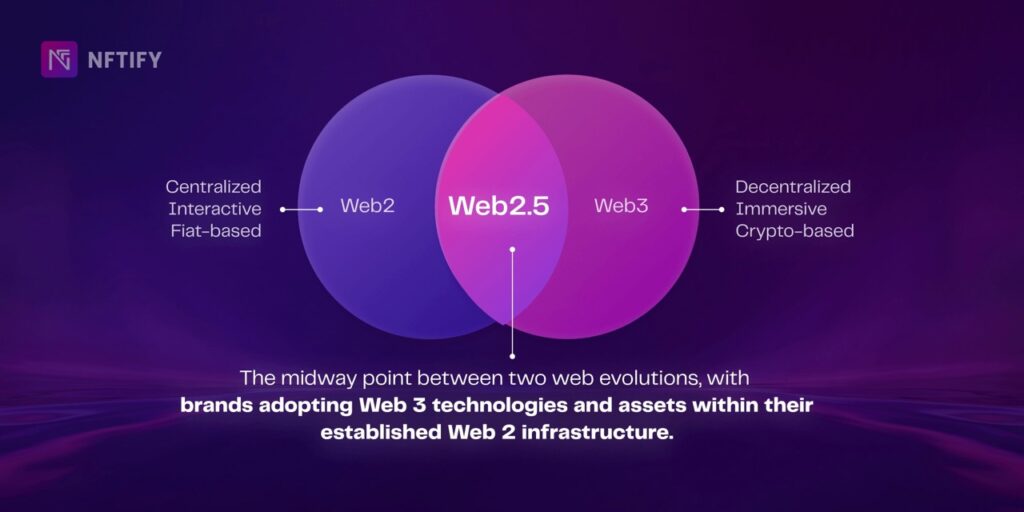
Before going into Web2.5, we should first briefly understand what Web2 and Web3 are. Web2 is the generation of the internet that came in the early 2000s. In Web2, we interact with websites, share content, and communicate with others through social media. On the other hand, Web3 is the future evolution of the internet, which is more advanced than Web2. Web3 allows us to have full control over our data and identity. The main characteristic of Web3 is decentralization.
Learn more about Web3 in the article What is Web 3.0 and What are its Advantages?
Web2.5 is the adoption stage of Web3 technologies within the Web2 ecosystem. Web2.5 serves as the midpoint between the established Web2 and the innovative Web3. It is the arena where we see the adoption trend of Web3 assets, such as NFTs and crypto assets, flourishing. In this case, Web2 companies can explore Web3 technologies, such as NFTs, without replacing their entire infrastructure.
Web2.5 works by integrating blockchain technology into Web2 applications. It allows users to own and control their personal data while still experiencing the interactive and collaborative features offered by Web2.
Read also: Web2 vs Web3: The Difference and Its Future.
Why Web2.5?
Web2.5 is actually not a new concept in the tech world. Some leading crypto companies like Pintu, Coinbase, Nifty Gateway, and others have adopted the Web2.5 approach.
This approach incorporates elements of centralized Web2 to accelerate growth, ensure compliance, and improve user experience (UX).
In addition, these companies also contribute to the spread of knowledge and adoption of crypto assets. Although not fully decentralized, the Web2.5 model can bridge the gap between the advantages of Web2 and blockchain technology.
One example of the Web3 integration assets with Web2 infrastructure is the ability for Coinbase users to purchase crypto assets like ETH directly with debit cards.
What are the Characteristics of Web2.5?
- Blockchain Technology: Web2.5 uses blockchain technology to store user data. It means the data is stored in a secure, decentralized blockchain that cannot be manipulated.
- Community Engagement: Web2.5 encourages more efficient user collaboration and strengthens community engagement.
- User Empowerment: One of the important features of Web2.5 is to give users more control and ownership of data and asset management.
- Business Model Combination: Web2.5 can combine existing Web2 business models with new elements from Web3. For example, Web2.5 companies can allow crypto asset payments while running their conventional business models.
Integration of Web3 Assets in Web2.5 Infrastructure
As explained earlier, Web2.5 is a concept where companies integrate Web3 technology assets into existing Web2 infrastructures. So far, NFTs have been the most popular Web3 asset adopted by Web2 companies.
Here are some sectors that embody Web2.5 in the real world:
1. Digital Artwork

In the NFT adoption process, there are two categories of artists: digital and traditional. Both create valuable artworks, but the main difference lies in their artistic medium.
Auction companies and art institutions like Sotheby’s have rapidly expanded their consumer base by curating a community of digital and traditional artists. Digital artists are bringing their Web3 collectors into the world of fine art. While traditional artists who enter the world of NFTs help lead traditional collectors towards decentralized technology.
Sotheby’s facilitates the NFT sales on its platform and allows payments in crypto assets such as BTC and ETH. Payments go through KYC wallets managed by companies such as Coinbase, Gemini, Fidelity, or Paxos.
It represents the concept of Web2.5, where companies integrate crypto assets to attract fiat currency users without disrupting compliance rules and Web2 financial norms.
While the artwork is listed with a price in USD or Pounds Sterling at Sotheby's, the equivalent value in crypto assets is determined at the moment of payment for the item.
2. Sports
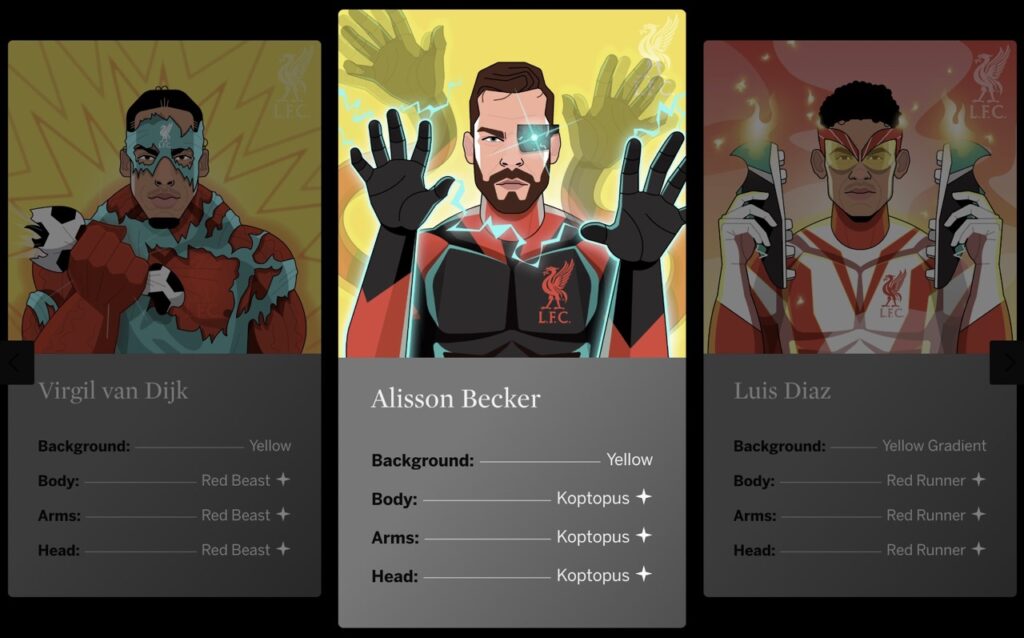
In the sports world, a solid fan base is a valuable asset. It led British soccer club Liverpool FC (LFC) to discover how NFTs and Web2.5 approaches could strengthen and expand fan engagement.
On March 24, 2022, LFC launched the ‘LFC Heroes Club’ NFT project. This NFT project was launched on Sotheby’s NFT marketplace, Sotheby’s Metaverse. By owning an NFT Heroes Club, fans can show their loyalty to the club and earn several other rewards.
Aside from soccer, other sports flood Web2.5 by adopting Web3 assets (NFTs and crypto assets) and metaverse experiences. From NFL (NFL All Day) to NBA (NBA Top Shot), UFC (UFC Strike) to NASCAR (RaceDay).
The NFL cooperates with Roblox in its metaverse program. Users can compete with other users to win Super Bowls and other items. Users can also use the in-game NFL store to purchase branded apparel for their avatars.
3. Consumer Packaged Goods (CPG) and Foods & Beverages
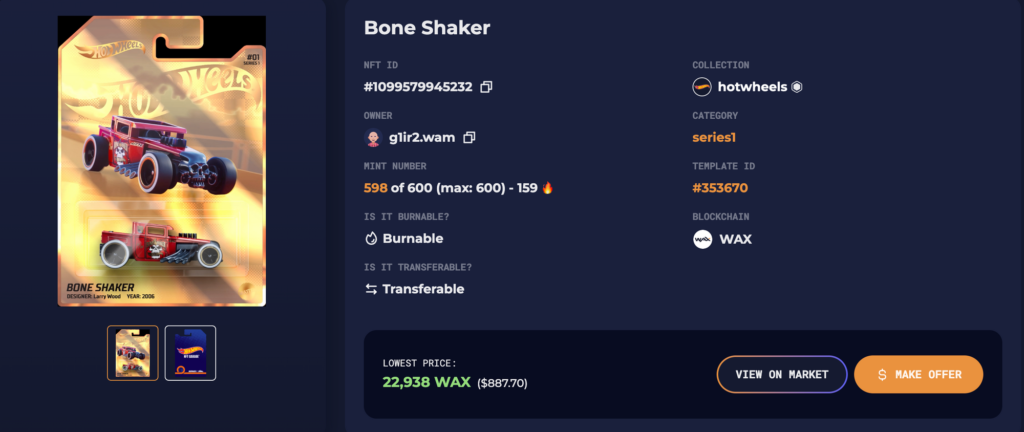
Web2 companies have a unique advantage in entering the Web3 realm. They can capitalize on communities that already exist. One example is the move taken by Hot Wheels to involve their community in the NFT sales.
Hot Wheels brings its community members into the Web3 ecosystem by building their NFT project on the beginner-friendly WAX blockchain. WAX offers easy account creation through platforms like Facebook and Google, enabling beginners to get started without complicated technical constraints.
The key to Web2 companies’ success in the Web3 world is to combine the company’s message with NFTs and engage the community well. Budweiser, Pringles, and Coca-Cola have successfully designed NFTs with artistic collaboration. McDonald’s with McRibNFT, however, may not succeed in its endeavor as it intersects with the racist issues of one of its community members.
Read also: Web3 Technology Adoption by Web2 Brands.
Conclusion
Web2.5 acts as a bridge between the established Web2 and the innovative Web3. It facilitates enterprises and users who are already familiar with Web2 to experience the features and infrastructure of Web3 without making major changes to the existing infrastructure.
Web2.5 implementation refers to how enterprises and users incorporate key elements of Web3 into the Web2 environment. Some examples of Web2.5 implementations involve the adoption of NFTs and crypto assets and giving users greater control over their personal data.
Buying Crypto Assets on Pintu App
You can invest in crypto assets such as BTC, ETH, SOL, and others without worrying about fraud on Pintu. In addition, all crypto assets on Pintu have passed a rigorous assessment process and prioritize the principle of prudence.
The Pintu application is compatible with various popular digital wallets, such as Metamask, to facilitate transactions. Download the Pintu app on Play Store and App Store! Your safety is guaranteed because Pintu is regulated and supervised by Bappebti and Kominfo.
In addition to making transactions on the Pintu app, you can also learn more about crypto through various Pintu Academy articles that are updated weekly! All Pintu Academy articles are created for educational and knowledge purposes, not as financial advice.
References
- Serotonin Team, Introducing Web2.5, Serotonin, accessed 31 Agustus 2023.
- Everett Muzzy, Introducing Web2.5: How Hundreds of Brands are Entering the Metaverse, Nasdaq, accessed 31 Agustus 2023.
- Ly Dam, Web2.5: The NFT-powered transition to the new internet, NFTIFY, accessed 31 Agustus 2023.
- Rashi Sharma, WEB 2.5: A Practical Steppingstones for Web3, Nasscom, accessed 31 Agustus 2023.
Share
